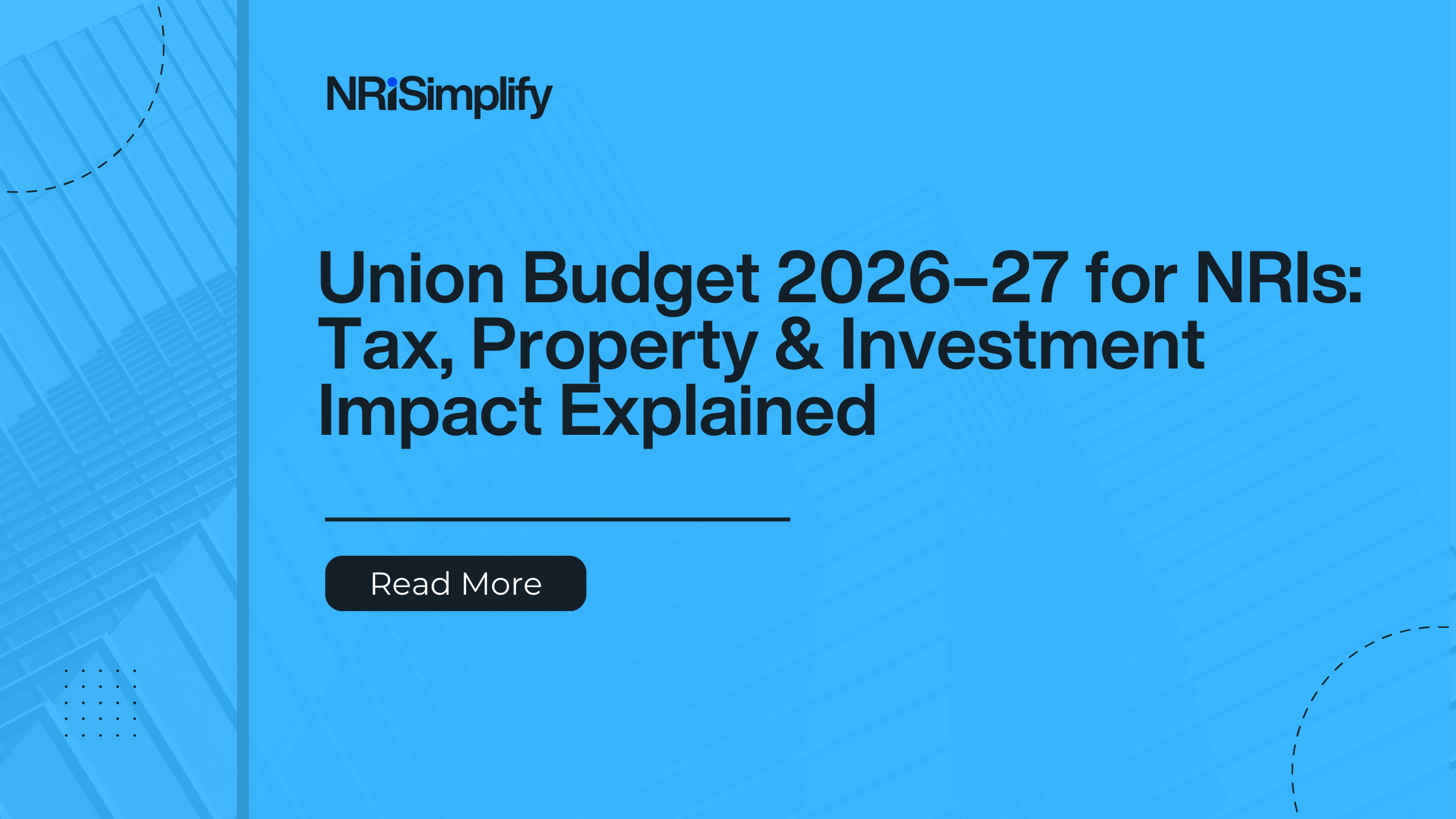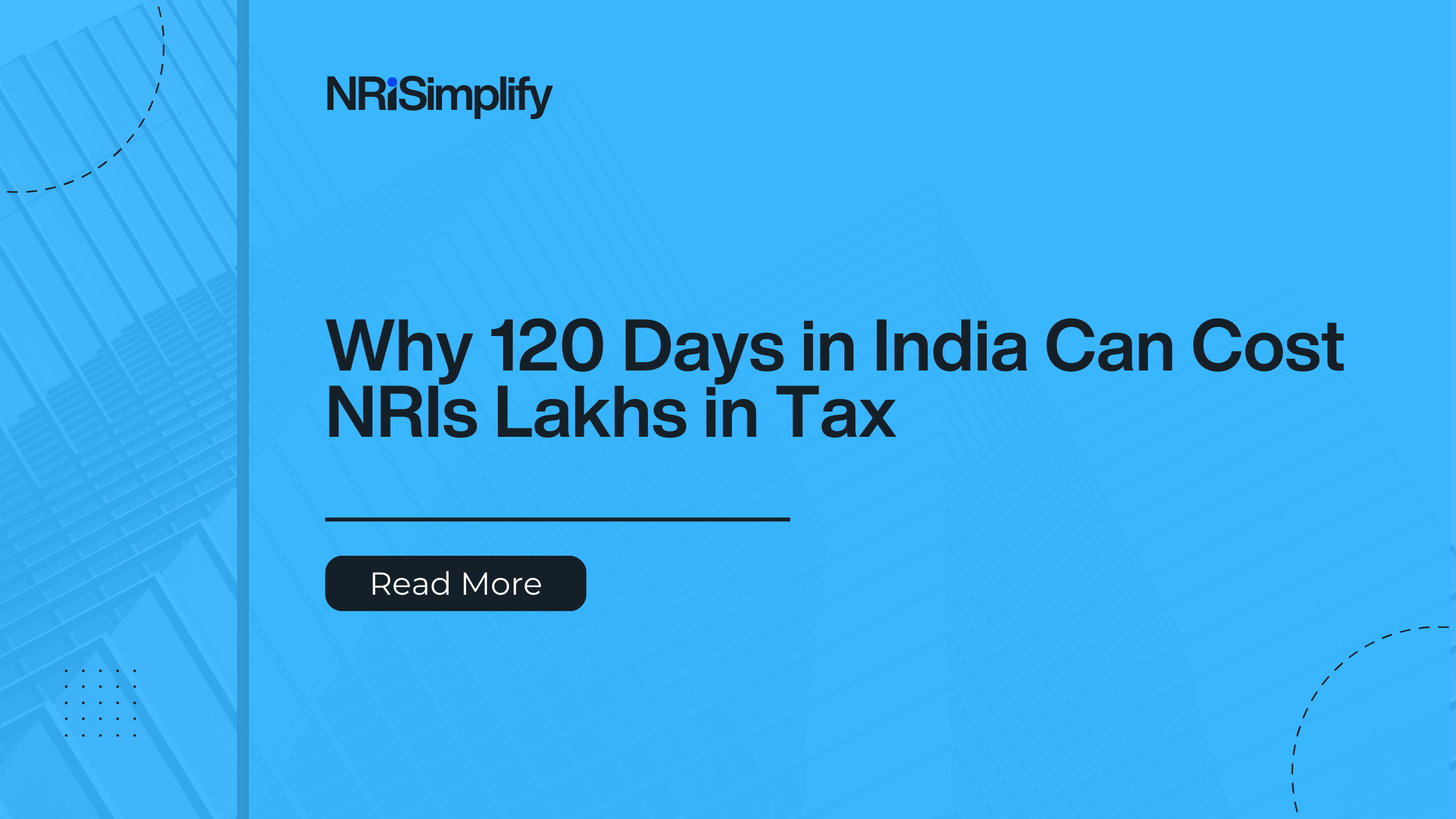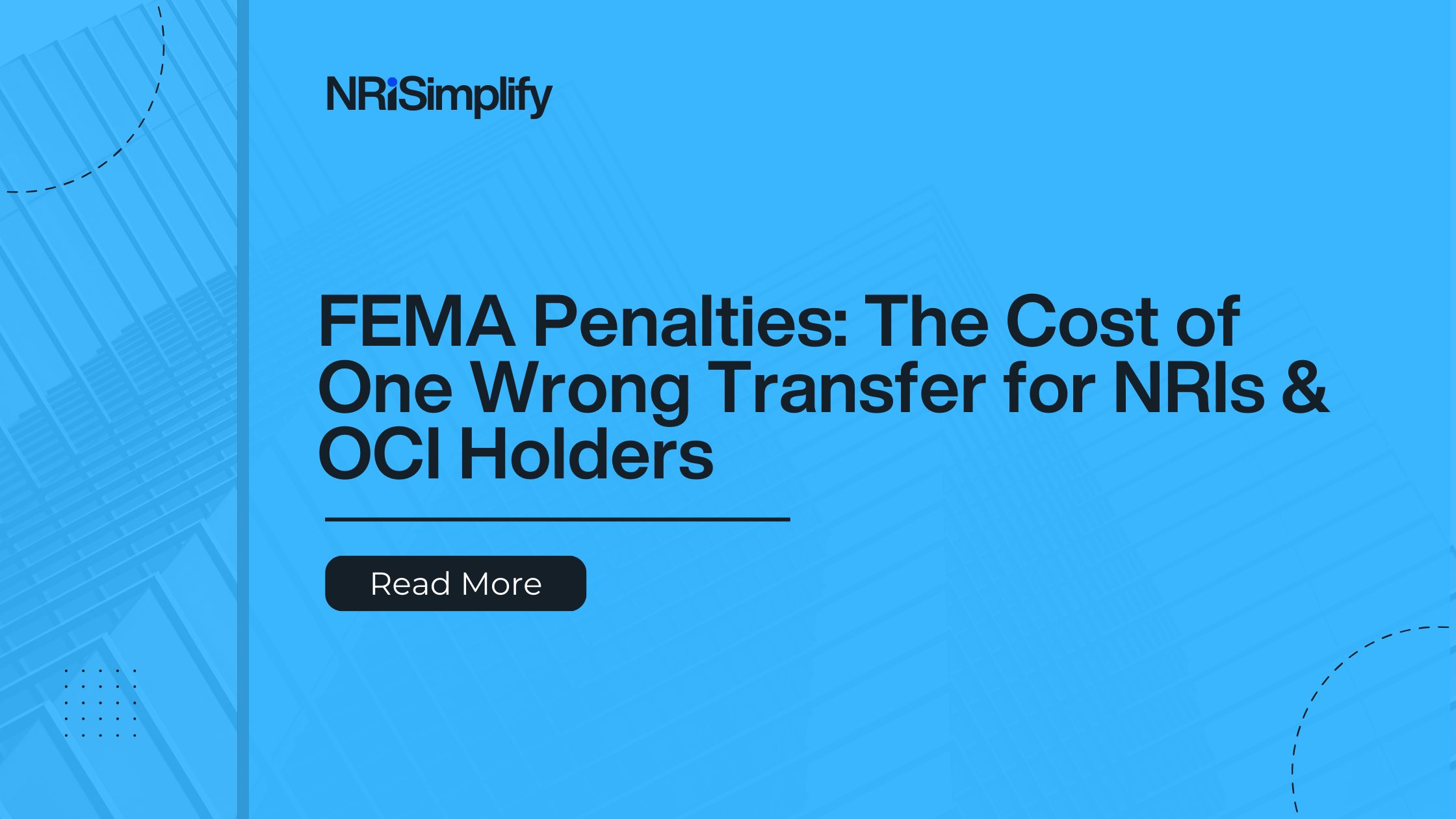Understanding how your residential status as an NRI affects your investments in India is crucial for optimizing financial outcomes and ensuring compliance. The Residential Status Impact plays a significant role in determining how your investments—whether in mutual funds, stocks, fixed deposits, or the National Pension Scheme (NPS)—are managed and taxed. Changes in your status can directly influence your ability to invest, repatriate funds, and meet regulatory obligations. This comprehensive guide will help you navigate the complexities surrounding residential status changes and provide expert insights on how to manage your investments effectively in India.
Why Residential Status Matters for NRIs
Your residential status in India is a key factor in determining how you can invest, repatriate funds, and deal with taxation. The Residential Status Impact becomes especially critical when shifting from Resident Indian to NRI (or vice versa), as it triggers specific requirements for updating your accounts, completing your KYC process, and making informed decisions about your investments. By ensuring proper documentation and making the necessary changes proactively, you can stay compliant with Indian financial and tax regulations.
In this guide, we will cover how your residential status impacts the following investments:
- Mutual Funds
- Stocks and Shares
- Bank Fixed Deposits (FDs)
- National Pension Scheme (NPS)
- Public Provident Fund (PPF)
- Sukanya Samriddhi Yojana (SSY)
- LIC Policies and Sovereign Gold Bonds (SGB)
1. Mutual Funds
From Resident Indian to NRI:
When you change your status to NRI, the Residential Status Impact begins with updating your KYC details with the KYC Registration Agency (KRA). You must convert your Resident Indian bank account to an NRO account for investing in mutual funds. Additionally, certain mutual fund houses may restrict investments based on your country of residence.
From NRI to Resident Indian:
Once you return, convert your NRO account back to a Resident Indian account. You can resume or start new SIPs (Systematic Investment Plans) to automate your investments under the new residential status.
2. Stocks and Shares
From Resident Indian to NRI:
With a change in status, you are required to close your Resident demat account and open a new NRI demat account. The Residential Status Impact here also includes the requirement of opening a PIS (Portfolio Investment Scheme) account if you want to repatriate sale proceeds.
From NRI to Resident Indian:
On return, convert your NRI demat account to a Resident demat account and transfer shares as per SEBI guidelines.
3. Bank Fixed Deposits (FDs)
From Resident Indian to NRI:
Once you become an NRI, your existing FDs must be re-designated as NRO FDs. This Residential Status Impact also applies to RFC FDs, which must be converted to NRE or FCNR accounts depending on your investment goals.
From NRI to Resident Indian:
Your NRE/NRO FDs must be converted back to Resident FDs. Be cautious, as premature closure can lead to loss of accrued interest or penalties.
4. National Pension Scheme (NPS)
From Resident Indian to NRI:
As an NRI, you can continue contributing to a Tier 1 NPS account, but you will need to update your bank details to NRE or NRO accounts. While you are restricted from investing in Tier 2 accounts, your NPS funds will be subject to TDS (Tax Deducted at Source) on redemption.
From NRI to Resident Indian:
Once you become a Resident Indian again, you can invest in both Tier 1 and Tier 2 NPS accounts and can freely transfer NPS funds without restrictions.
5. Public Provident Fund (PPF)
From Resident Indian to NRI:
As an NRI, you can no longer open a new PPF account. However, you can continue holding your existing PPF account, make contributions, and transfer the proceeds to an NRO account upon maturity. The tenure of your PPF account cannot be extended after becoming an NRI.
From NRI to Resident Indian:
Once you return to India, you can resume contributing to your PPF account and enjoy the benefits of tax-free interest and maturity proceeds.
6. Sukanya Samriddhi Yojana (SSY)
As an NRI:
If you have opened an SSY account for your girl child, the account will be closed when the child’s status changes to NRI. You need to inform the bank within one month of the status change. The account will not earn interest after this change.
7. LIC Policies and Sovereign Gold Bonds (SGB)
From Resident Indian to NRI:
You can continue holding your LIC policies after changing your status to NRI. However, you must update the branch about your new residential status and update the address accordingly. Sovereign Gold Bonds can also be held until their early maturity.
From NRI to Resident Indian:
Once you return to India, you can continue holding your LIC policies and pay premiums in Indian currency. However, as an NRI, you cannot invest in Sovereign Gold Bonds after changing your status.
Conclusion
The change in residential status from Resident Indian to NRI (or vice versa) significantly affects your investments in India. It is essential to update KYC details, convert bank accounts, and manage investments according to your new status. Proactively handling these updates ensures compliance and helps you avoid unnecessary penalties or delays.
For expert guidance on NRI investment management and tax compliance, NRI Simplify specializes in helping NRIs navigate the complexities of managing investments in India. Our team can assist with account conversions, tax filing, and ensuring your financial affairs are in order.
Frequently Asked Questions (FAQs)
Q1: How does NRI status affect mutual fund investments?
A1: As an NRI, you must update your KYC details and convert your Resident account into an NRO account to invest in Indian mutual funds.
Q2: Can NRIs continue investing in NPS?
A2: Yes, NRIs can continue contributing to Tier 1 NPS accounts but are restricted from investing in Tier 2 accounts.
Q3: How does the change in residential status affect my PPF account?
A3: NRIs can continue holding existing PPF accounts, but cannot extend the tenure. Contributions must be made to NRO accounts.
Q4: What happens to my LIC policy if I become an NRI?
A4: You can continue holding your LIC policies as an NRI but must update the address and residential status with the branch.
Q5: How can I avoid complications when changing my residential status?
A5: It’s essential to update your KYC, convert your accounts (NRO, NRE), and inform the relevant institutions about your change in status.






